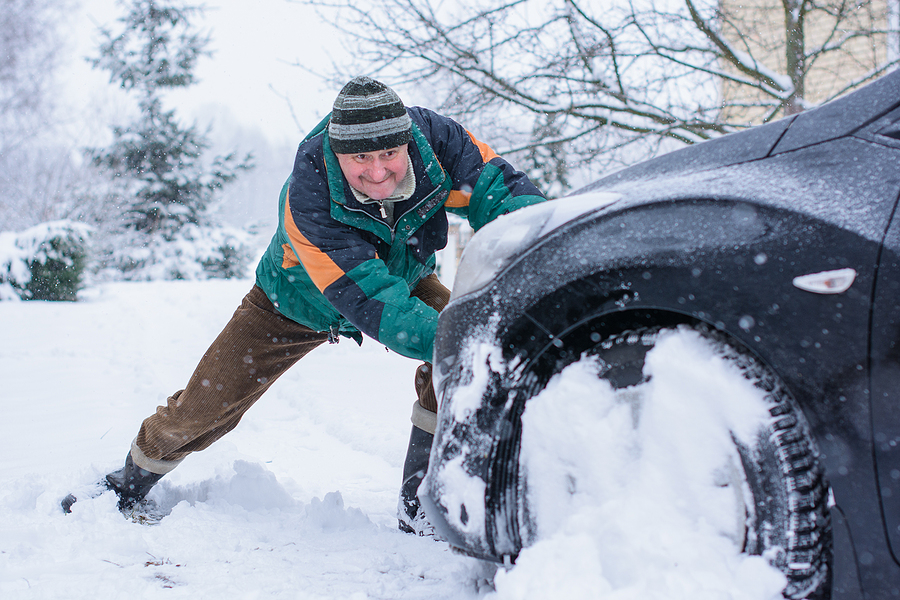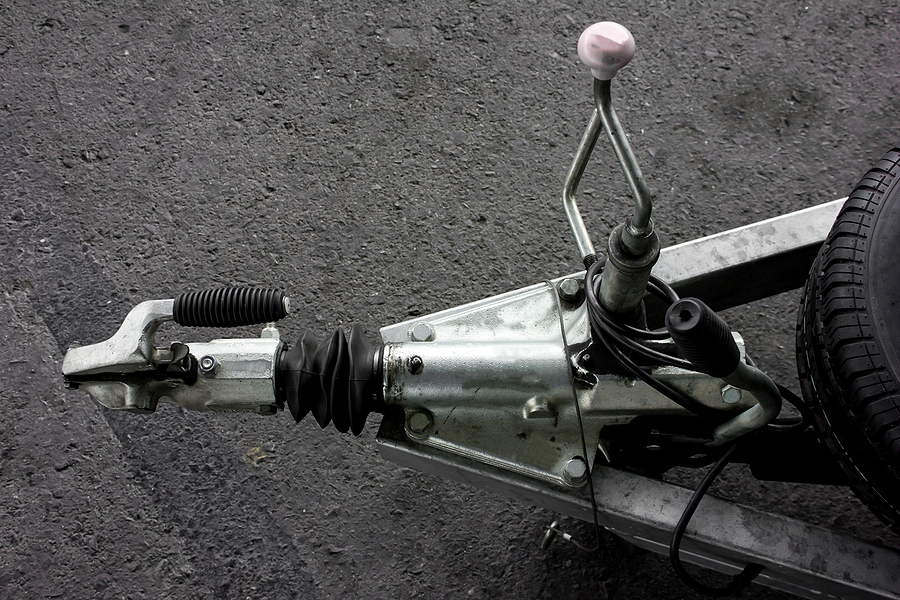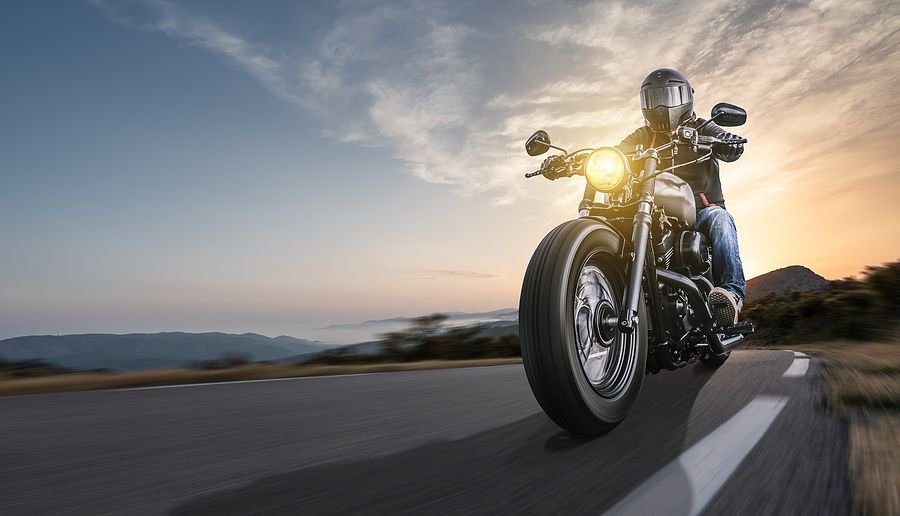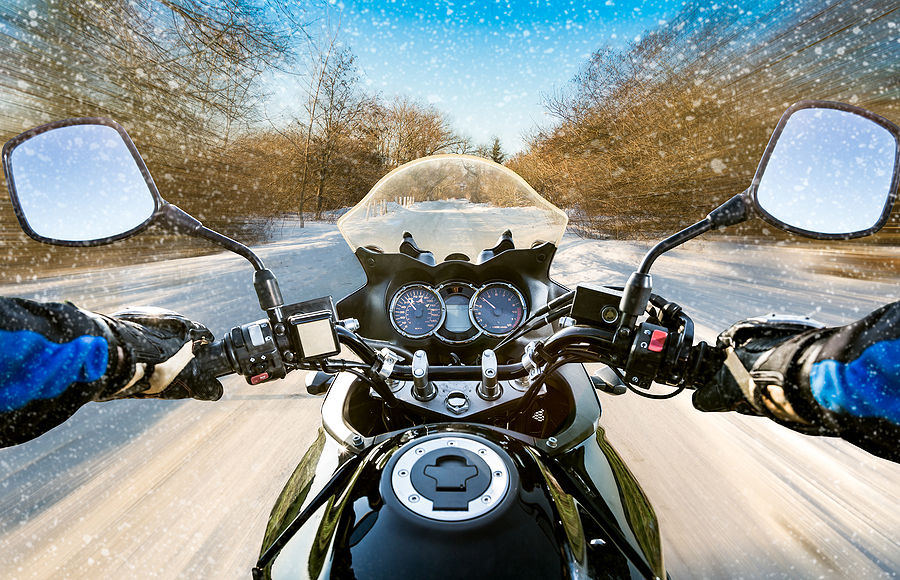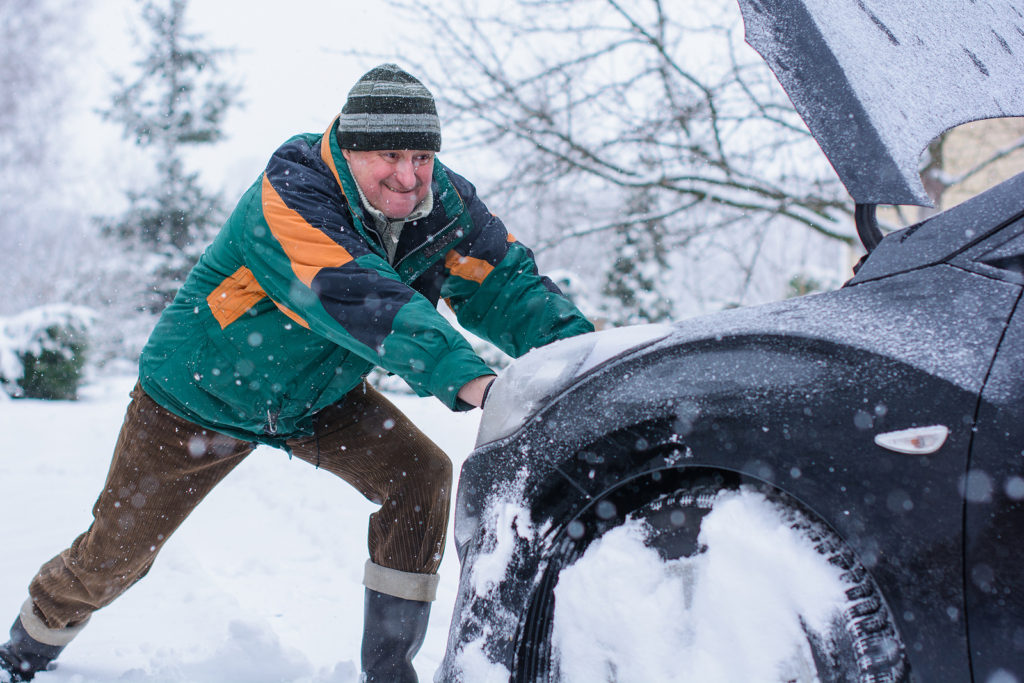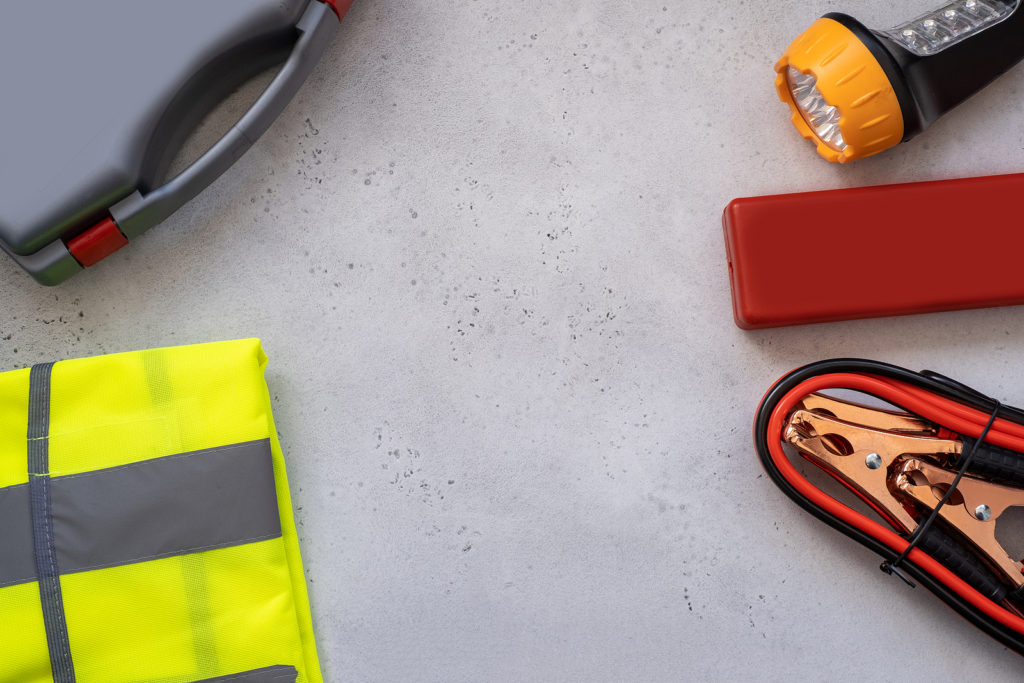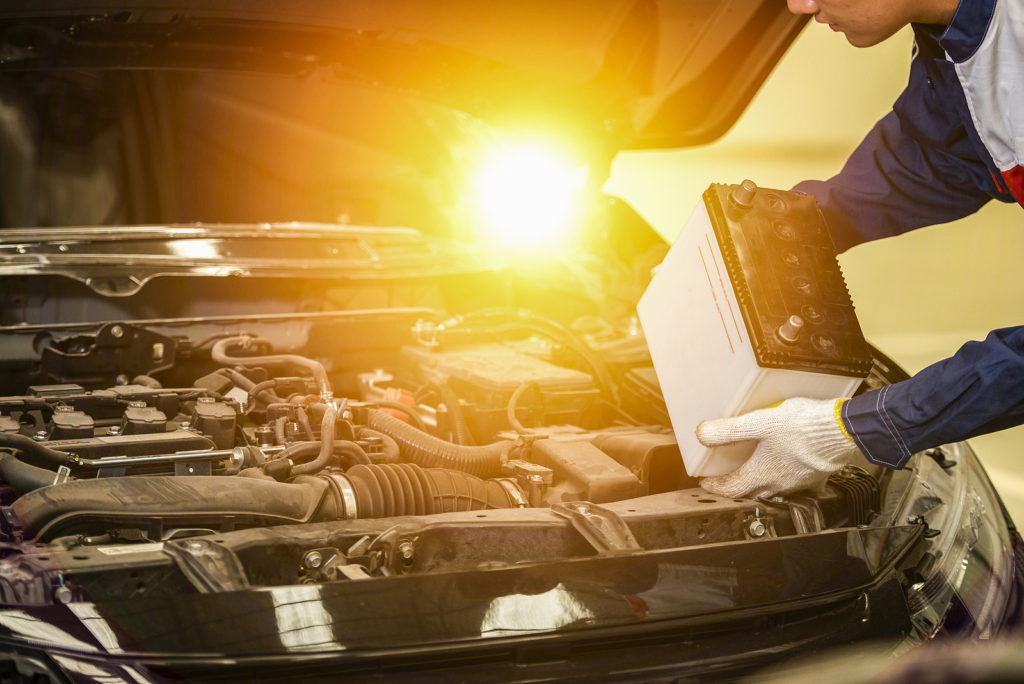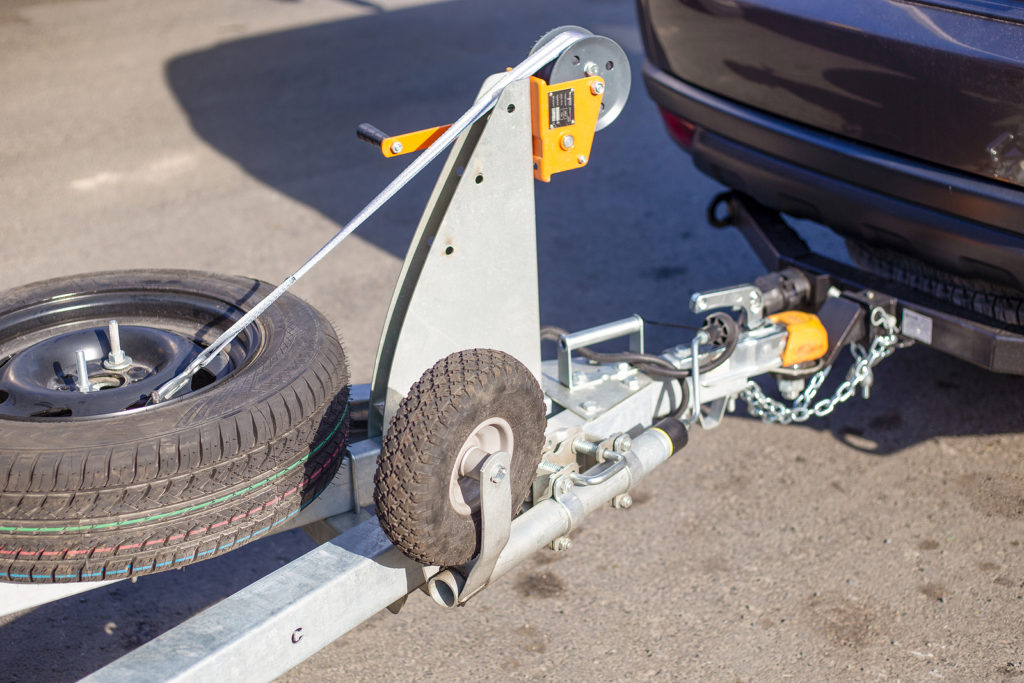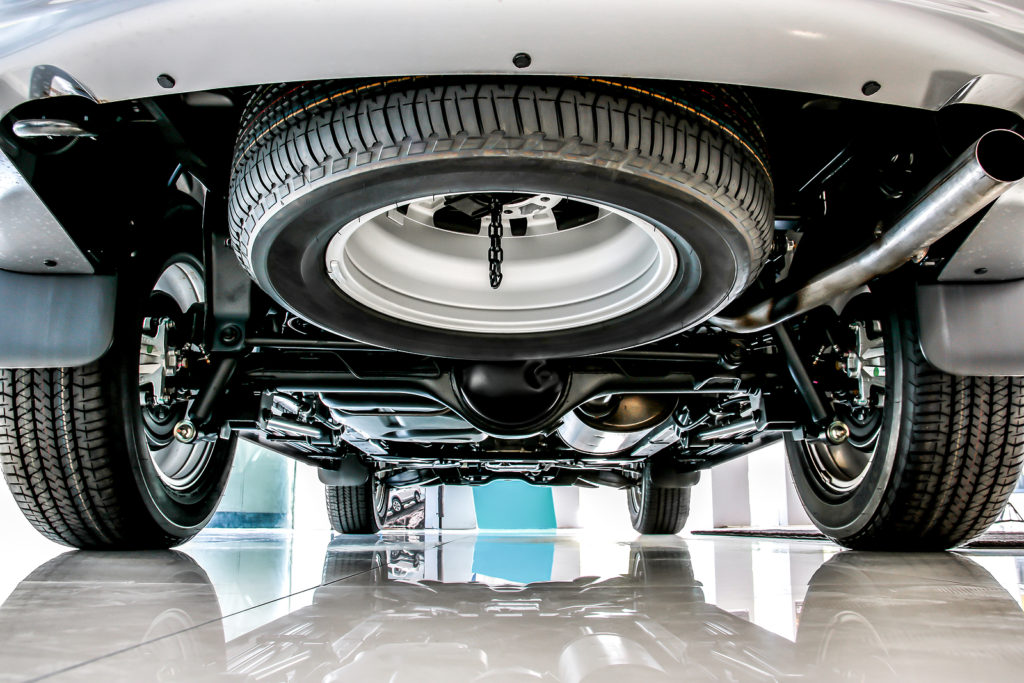Just as every Indiana winter promises, the snow has arrived, and commuters everywhere are sliding all over the road. If you find yourself stuck in snow like so many other drivers to this time of year, you are not out of luck. There are plenty of things you can do to get unstuck from a snowy ditch or pileup. However, there are also things you should NEVER do, as they can put you and your vehicle in grave danger, and they simply do not work. Instead, all they do is exert your energy and add more frustration to the cause.
Continue reading to learn what you should not do if your car gets stuck in the snow, and the one thing that always works every time.
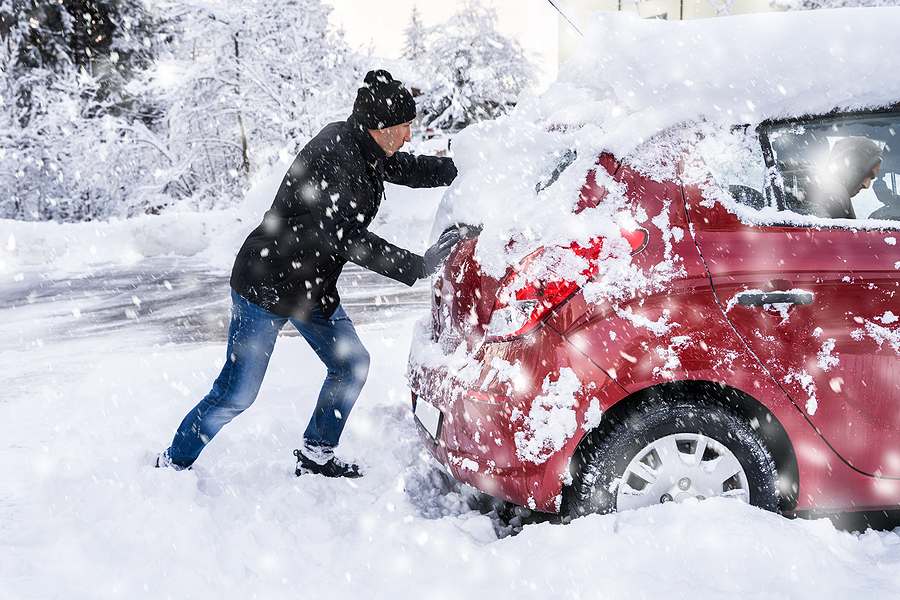
Car Stuck in Snow? DON’T TRY THIS:
☒ Do Not Rock Your Car
You have seen it in the movies, and perhaps even in real life, but it will not work out well for you. When stuck in snow, do not try to drive and reverse over and over again in attempt to “rock” your vehicle out of its stuck position. Not only does this waste enormous amount of gas, but it also creates a massive fume cloud that can be distracting or obstructive to passing drivers. Furthermore, it can put strain on your transmission, deplete your car of its essential fluids, and even kill the battery.
☒ ☒ Do Not Get Out and Push
One of the most dangerous things you can do to free your car from snow is to try to push it from the front or from behind. You might be thinking, “well I can’t get hit by a car if I am in the middle of nowhere.” But this is dangerous for other reasons other than the risk of being struck by a passing vehicle. You see, cars can instantly release when you are not expecting it to, and roll over whoever is in the way. Even if you are not near a busy road, you can still get run over by your own vehicle if you try this method.
☒ ☒ ☒ Do Not Floor the Gas
A common reaction for anyone who’s car is stuck in snow is to stomp on the gas pedal. But this is not the right choice. Just like rocking your car back and forth, you are putting unnecessary strain on your engine, fuel system, and internal hardware. Not only can this cause costly damage, but it can also be very dangerous. You do not want to jolt out of your stuck position suddenly, and possibly into oncoming traffic, or worse, a person. This happens more often than you think.
✨ Safe Ways to Pull a Car Out of a Ditch
Indianapolis Roadside Assistance is the Key to Get Your Car Un-Stuck
Call Zore’s Towing at 317-247-8484 for 24 hour roadside assistance in Indianapolis and throughout Central Indiana. Our friendly staff is waiting by the phones, ready to help you get back on the road, safe and sound. We operate 24 hours a day, 7 days a week, and 365 days a year, so you can always count on us. Request a free estimate, today.


